Google’s crumbling third-party cookie is still likely to take center stage at Dmexco 2022
Digiday
SEPTEMBER 20, 2022
Of course, discussions around the future of ad targeting and measurement will have added urgency for executives based in the European Economic Area where GDPR has curtailed efforts to test proposals from the likes of Google and The Trade Desk.




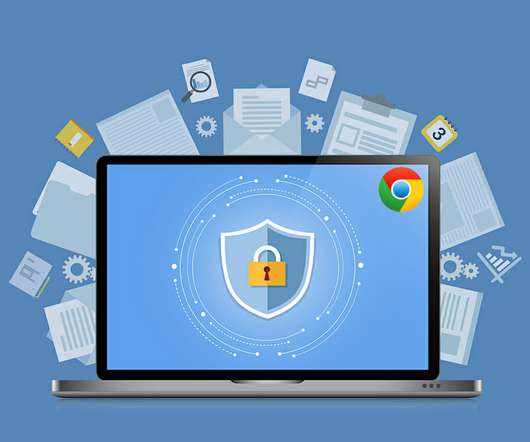
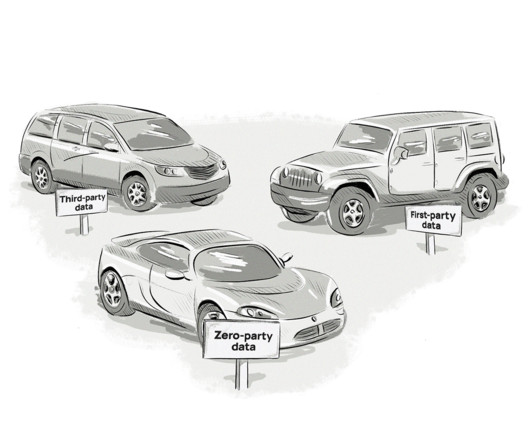
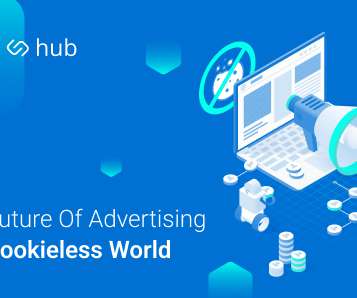
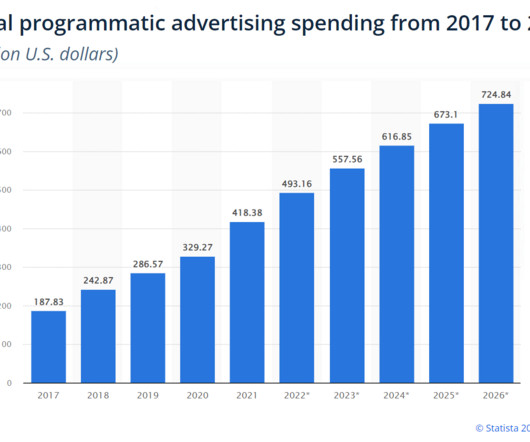
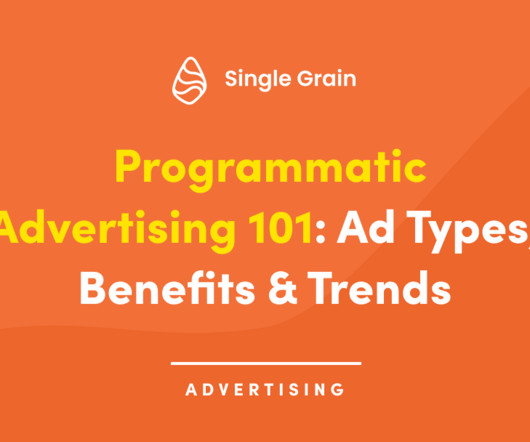

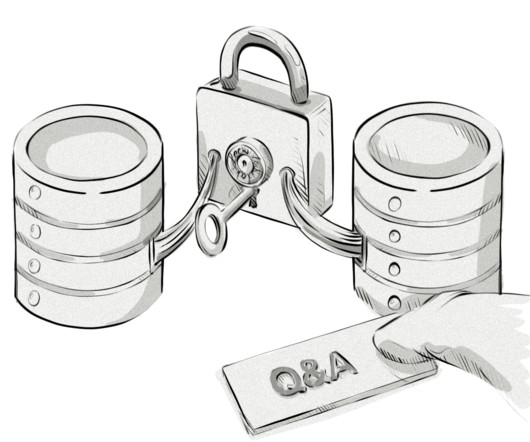






Let's personalize your content